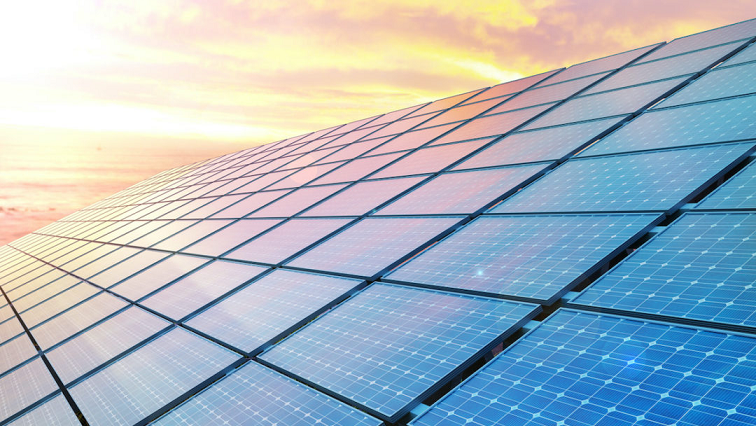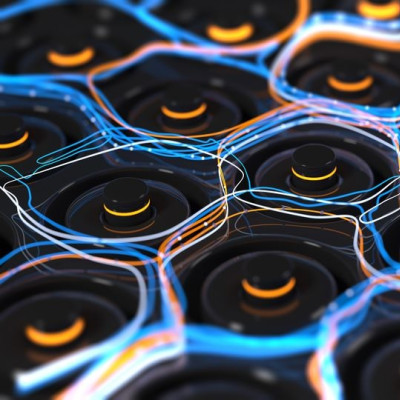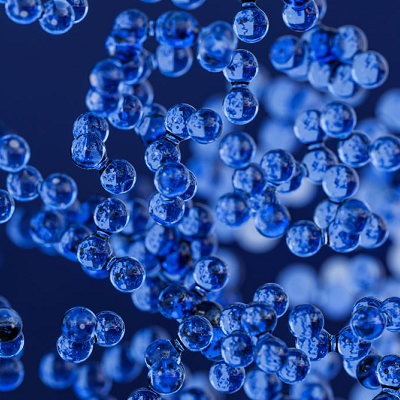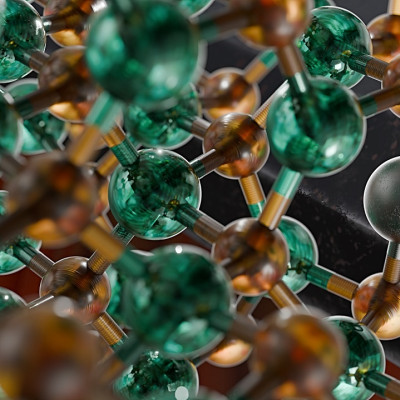When Jianbo Gao needs a bit of inspiration, all he has to do is to look up.
For the Associate Professor of Chemistry, the sun holds endless possibilities as a consistent source of clean, affordable power for everyone on the planet.
Over the past year, Gao and his team have made great strides in developing revolutionary solar panels in their cutting-edge ultrafast laser lab.
To support the development of a new generation of highly efficient, low-cost solar cell technology, Gao has been awarded Brock University’s 2024 Chancellor’s Chair for Research Excellence.
“As a scientist, I aim to address major challenges and contribute to the well-being of humankind,” says Gao, who is also an Affiliated Professor in the Yousef Haj-Ahmad Department of Engineering.
Gao is known for his pioneering work to introduce quantum dots, or human-made nanocrystals, into solar cells. A solar cell is the fundamental building block that transforms sunlight into electricity and converts photons into electrons.
Nanocrystals could also shape future LED technology by acting as semiconductors, which are specific chemicals that transmit electrical currents between conductors, usually metals, and an insulator, such as ceramics.
“I’m passionate about capturing the motion of fundamental particles such as electrons and their positive charges, which is the underlying mechanism of solar cells, photodetectors and sensors,” he says.
Gao and his international research team have shown a particular type of nanocrystal called perovskite nanocrystalline contains properties particularly effective in the conversion of light into energy.
Perovskite nanocrystalline can be sprayed onto flexible sheets of plastic thinner than a hair that can be laid down in many locations and even on clothing, increasing the surface area where electricity can be generated.
Wires contained in the film would plug into, and charge, cellphones, tablets, vehicles and anything else needing power, making these new solar panels less expensive and more environmentally friendly than conventional solar panels, says Gao.
Enabling the research is the Ultrafast Photophysics of Quantum Materials Lab (UPQM) he built earlier in the year. The lab is well-equipped with unique ultrafast laser spectroscopy, solar cell device fabrication and nanocrystal synthesis facilities, he says.
Ultrafast lasers release intense, concentrated, extremely short pulses of light that make it easier and more efficient to study atoms, molecules, electrons and other materials.
Brock Vice-President, Research Michelle McGinn, who toured UPQM earlier this year, says Gao’s breakthrough work harnessing “safe, clean and abundant solar energy addresses one of the most challenging issues for society as we navigate the energy crisis and climate change.”
McGinn also notes Gao’s many community education activities, including organizing a public talk and meetings with Donna Strickland, the first Canadian woman to win the Nobel Prize in Physics, and opening up his UPQM lab to students, teachers and faculty from high schools and Niagara College.
“Dr. Gao devotes significant efforts to promoting science and educating the public about the crucial role that science can play in shaping our collective future,” says McGinn. “His outreach efforts represent major contributions to Brock University and the wider community.”
Gao joined Brock in 2022 from Clemson University in South Carolina, where he was Assistant Professor of Physics. Before that, he was a Research Associate Specialist at the University of California at Berkeley.
Over the past six years, he has successfully trained one postdoctoral scholar, nine PhD students, two master’s students and 18 undergraduate students in areas such as advanced laser spectroscopy, nanomaterials synthesis and novel device development.
Gao has also produced more than 60 peer-reviewed journal articles, with more than 6,500 citations, in prestigious science journals such as Science, Nature Physics, Nature Communications and Nano Letters, etc.
Read the original article on Brock University.







